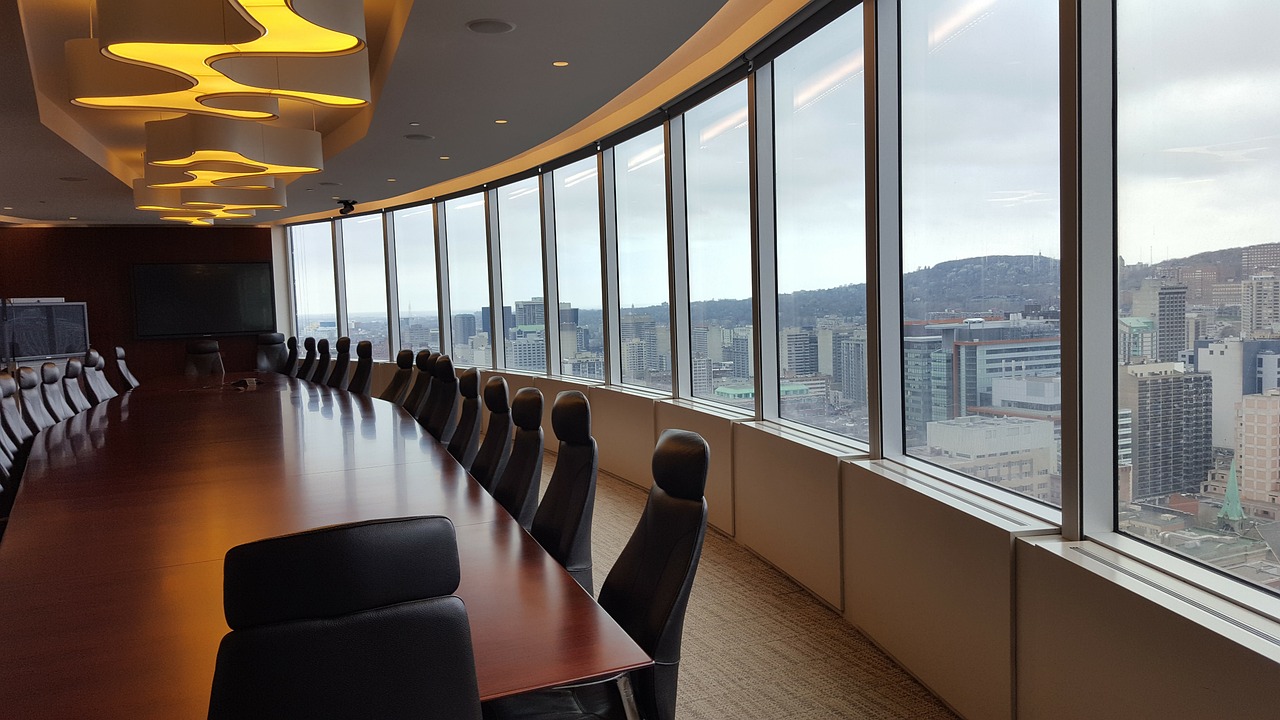In today’s rapidly evolving global business environment, the traditional composition of corporate boards is increasingly inadequate. The international business landscape is no longer defined exclusively by market dynamics and economic indicators. Political decisions – by their nature products of a complex mix of evolving national interests, broad strategic considerations, and variable emotions and societal moods – and geopolitical events play an increasingly significant role in shaping business environments.
To address the growing number of societal and environmental issues, as well as to navigate the complexities of international markets, companies need more than just financial acumen and business experience. Integrating professionals with broader expertise in politics, geopolitics, and government affairs into corporate boards is becoming essential.
Extreme environmental phenomena, political conflicts and trade wars, regional regulatory changes, or international sanctions – just to name a few – can all have immediate and profound impacts on companies and their bottom line. In the most damaging cases, ff not managed and considered properly these can even be fatal – even to long-standing and well-functioning businesses.
All this is not to paint a daunting picture of an unsolvable conundrum, but rather to underline that political expertise on corporate boards is invaluable for navigating these challenges, and how many of them often intertwine: the compounding impact, for instance, of US-China trade relations, Russia’s invasion of Ukraine, and extreme weather conditions on global supply chains – or on pivotal elections that may shift the landscape dramatically in ways that may not seem entirely rational from an outside perspective.
Professionals with a background in politics bring a nuanced understanding of more than just legislative processes and regulatory frameworks – they bring a professional perspective that is built on complex interdependencies and decision-making dynamics that are nuanced, forward-looking, and inclusive in scope. They can help businesses anticipate policy changes, understand the implications of new laws, and engage more effectively with policymakers. In an ever more interconnected world, being able to see the bigger picture and consider the implications change can have – regulatory or otherwise – on the company, its industry, or on the broader economic ecosystem is a skill typical of government affairs professionals. It is also a skill that is becoming essential for organizations of different sizes and structures, not only to thrive, but often to survive.
If this sounds abstract and high-minded, fear not: there are very concrete benefits from integrating government affairs expertise into corporate governance. Leaders with experience navigating regulatory landscapes and assessing policy enhance a company’s ability to pre-empt and maintain compliance, and are excellent at assessing challenges and crafting risk management frameworks. They can also facilitate more effective interactions with external stakeholders and key decision-makers, ensuring that the company’s interests are represented and protected.
From exercising foresight to inform strategic decisions, to ensuring that the company can both prepare for and proactively shape regulatory and political agendas, a board member with government affairs experience can guide the company through complex regulatory issues, avoiding potential pitfalls and leveraging regulatory changes to the company’s advantage, helping secure its position as an early adapter, innovator, or sector champion.
Last but not least, bringing in professionals with backgrounds in politics, geopolitics, and government affairs contributes to the board’s overall diversity and enriches its collective knowledge and perspective. It also allows boards to benefit from and build on a broader collective network, encouraging an attitude of open discussion and continuous learning. In today’s rapidly evolving environment, corporate boards should ensure they regularly hear from diverse experts and engage in scenario-based training sessions. Such workshops offer a unique opportunity to be challenged, to brainstorm and game out scenarios in a controlled yet creative atmosphere. If there is one thing corporate boards needs most these days, it’s mental flexibility to be able to anticipate and adapt to the unexpected.
From a broad perspective, expanding corporate boards to include professionals with expertise in politics, geopolitics, and government affairs is not just beneficial but necessary for modern businesses. As the global landscape becomes increasingly complex, these skills provide critical insights that help companies navigate uncertainties and seize new opportunities, and those that recognize and act on this need will be better positioned for long-term success. By fostering diverse and well-rounded boards, businesses can enhance their strategic capabilities and ensure they are well-equipped to thrive in a dynamic global environment.


